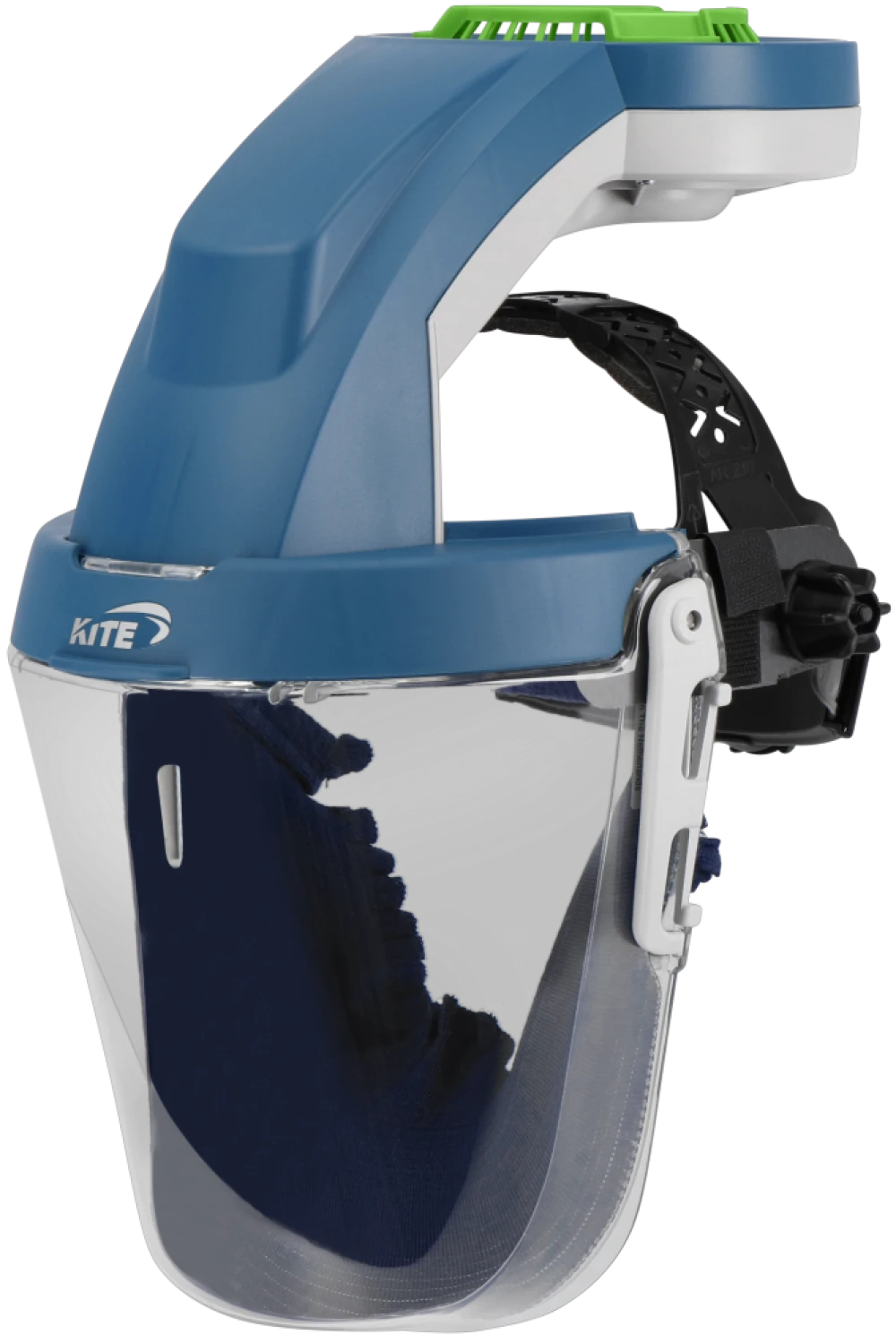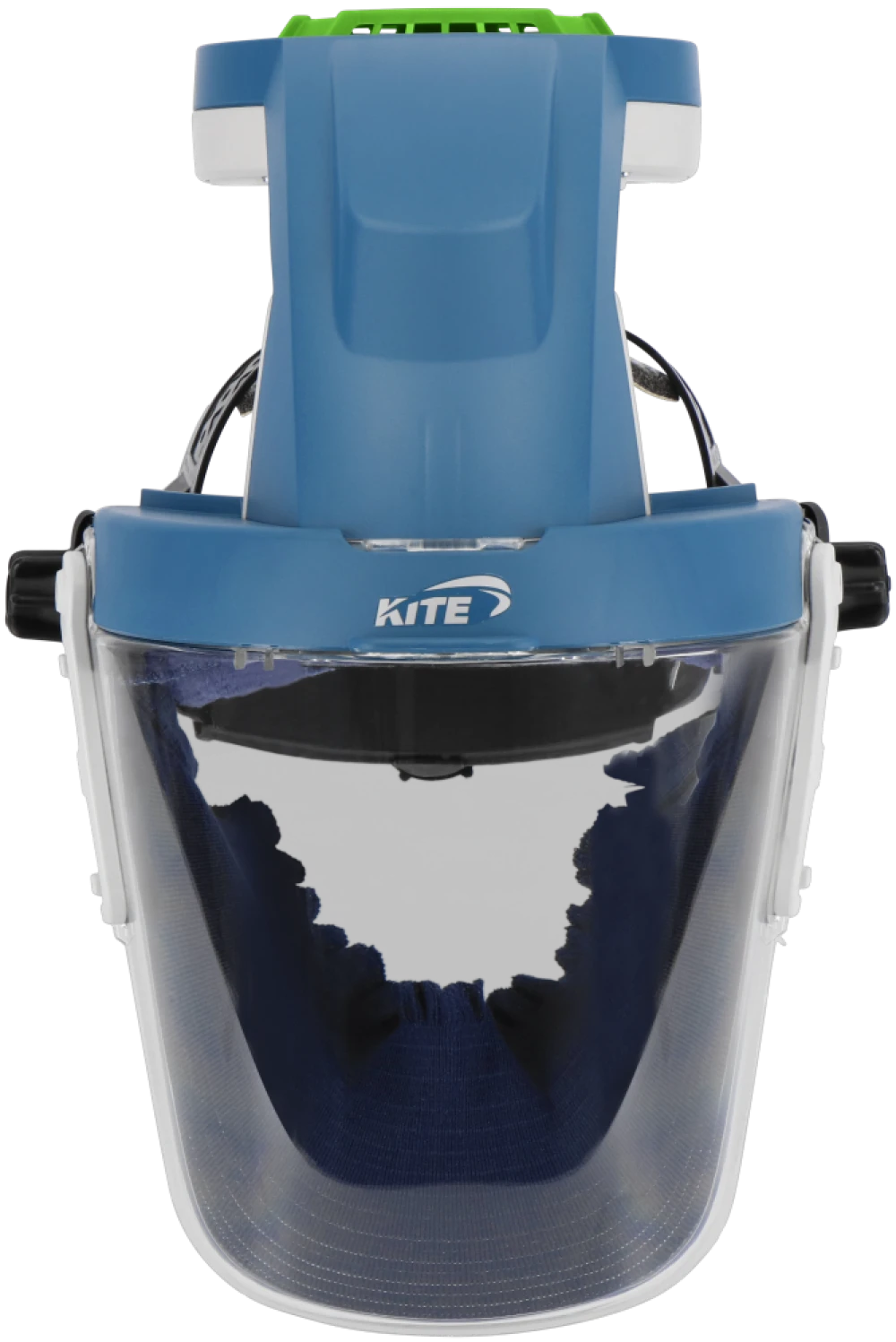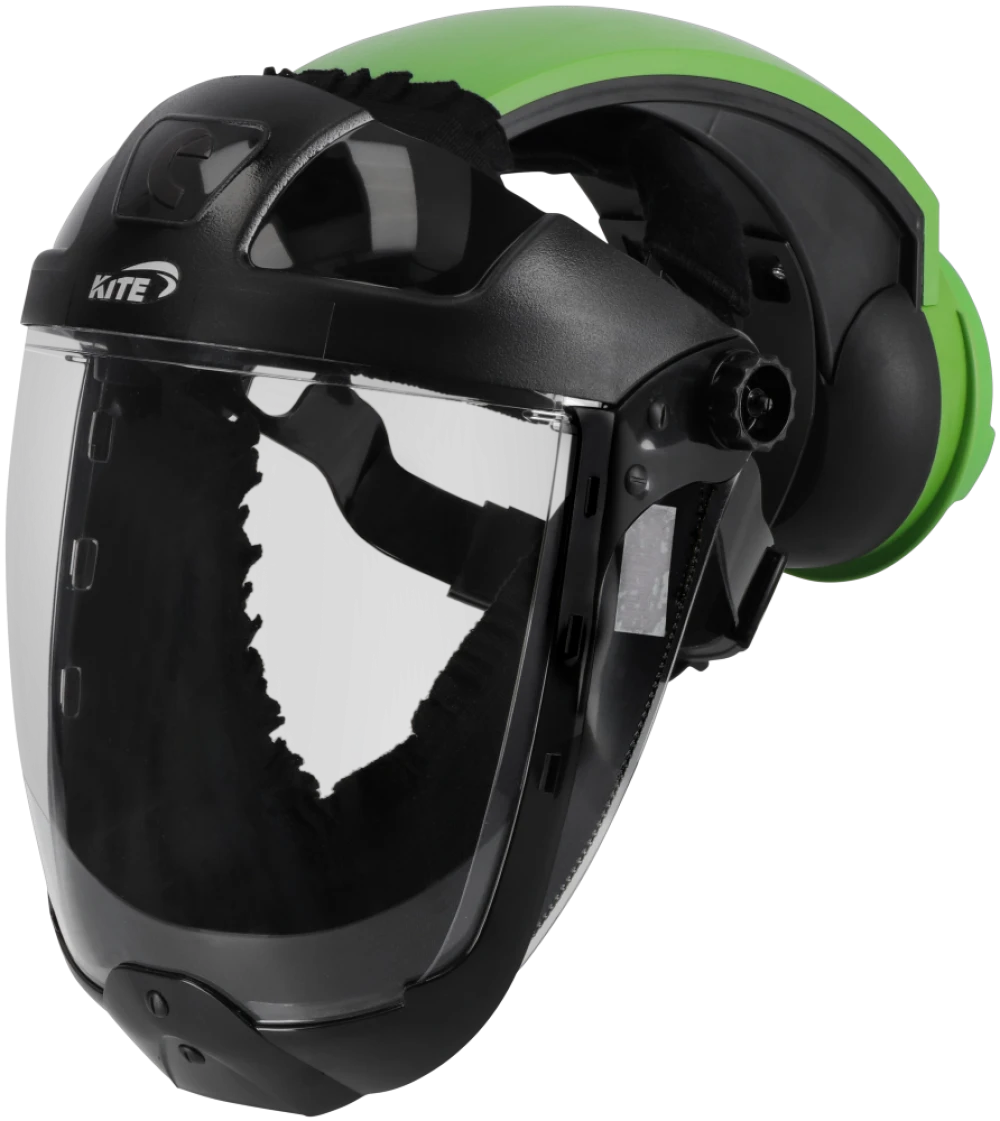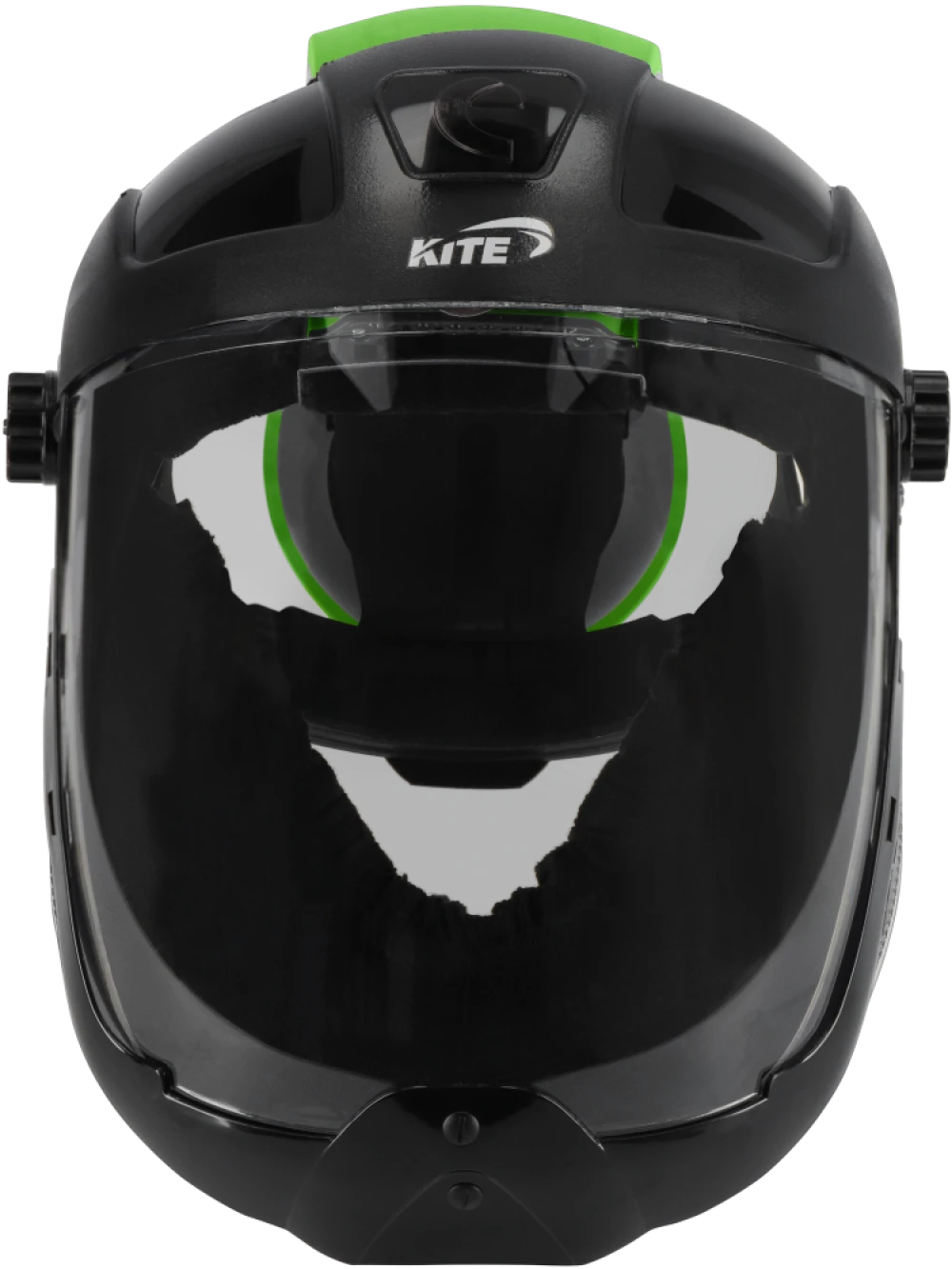

Respiratory protection for woodworking

Wood dust is generated during processes such as sawing, planing, or sanding wood. Exposure to wood dust poses significant health risks, making preventive measures essential to limit inhalation. Respiratory protection plays a crucial role in this. The composition of wood dust varies depending on the type of wood and the use of preservatives such as impregnating agents, paint, or glue. The dust is organic and can be irritating to the skin, eyes, and mucous membranes. Furthermore, exposure to wood dust can cause allergies and may contribute to the development of cancer in the long term.

Sources of dust in woodworking
Wood dust is generated during all mechanical wood processing, and even automated processes and machines release large amounts of fine dust. Although these devices are often equipped with extraction systems, they only capture the coarse dust particles. The smallest and most harmful particles still spread throughout the space.
The highest exposure to wood dust occurs when using handheld machines such as sanders, routers, or circular saws. Since the user is close to the dust source, there is a high risk of inhaling harmful amounts of fine dust. Using a suitable dust mask with a high level of protection ensures that the user can work safely.
Arbin respiratory protection for wood processing
The Arbin Kite powered air purifying respirators (PAPRs) provide top-tier protection and outstanding ease of use, making them the perfect choice respirator in woodworking. The Kite Pro Vision’s panoramic visor with impact protection ensures clear visibility without restrictions.
Additionally, Kite respirator wearers experience no filter resistance; instead, a gentle positive pressure of fresh air generates a cooling airflow inside the mask. This enhances comfort significantly, enabling users to work for extended periods without discomfort. This ensures that respiratory protection contributes to health and is not perceived as a burden.




